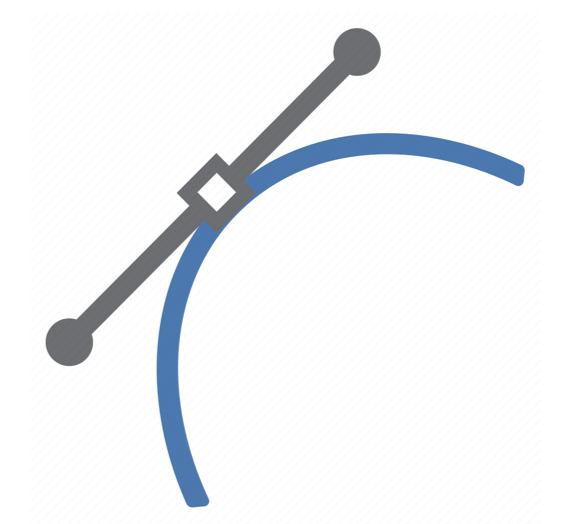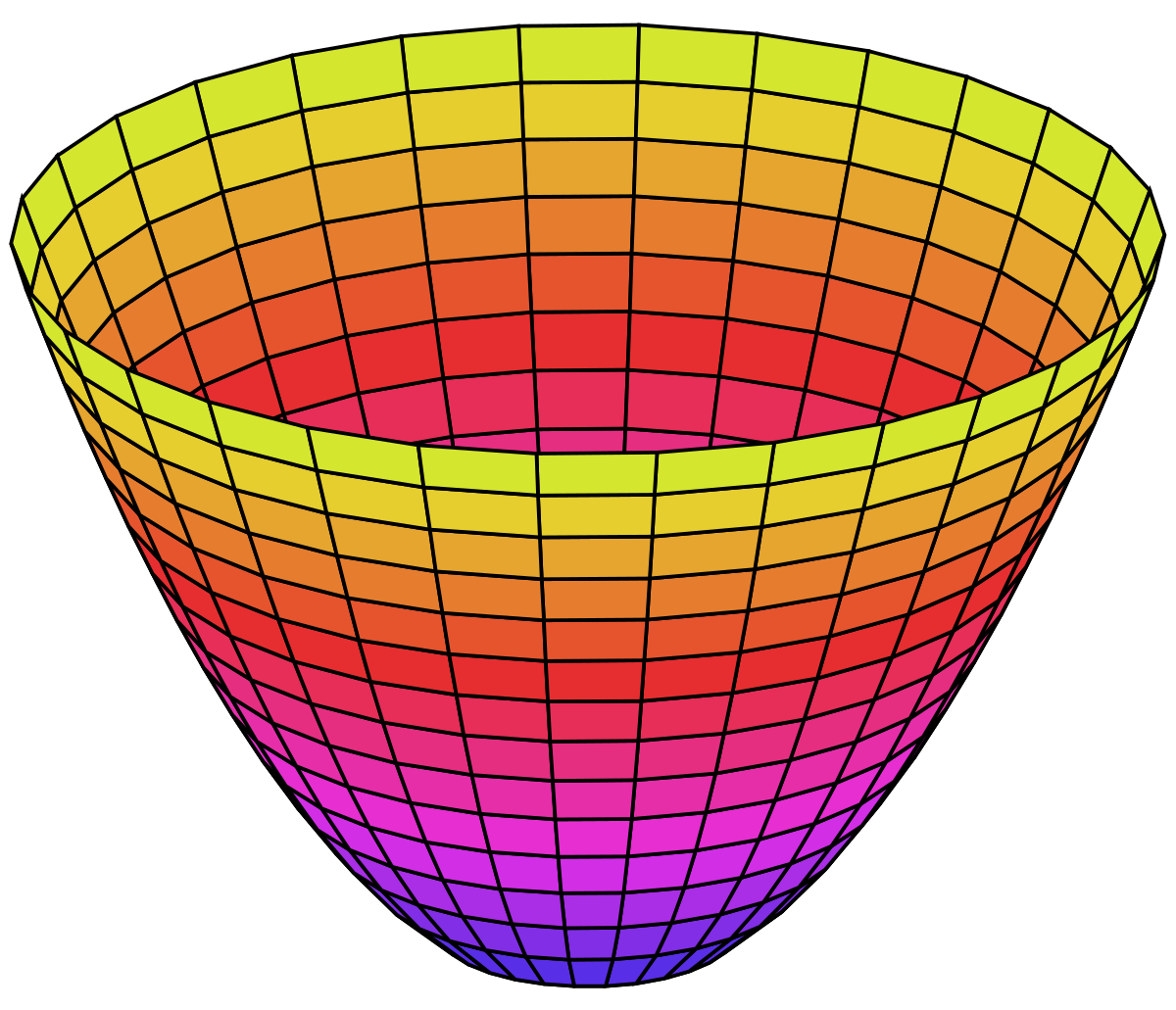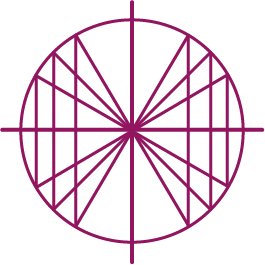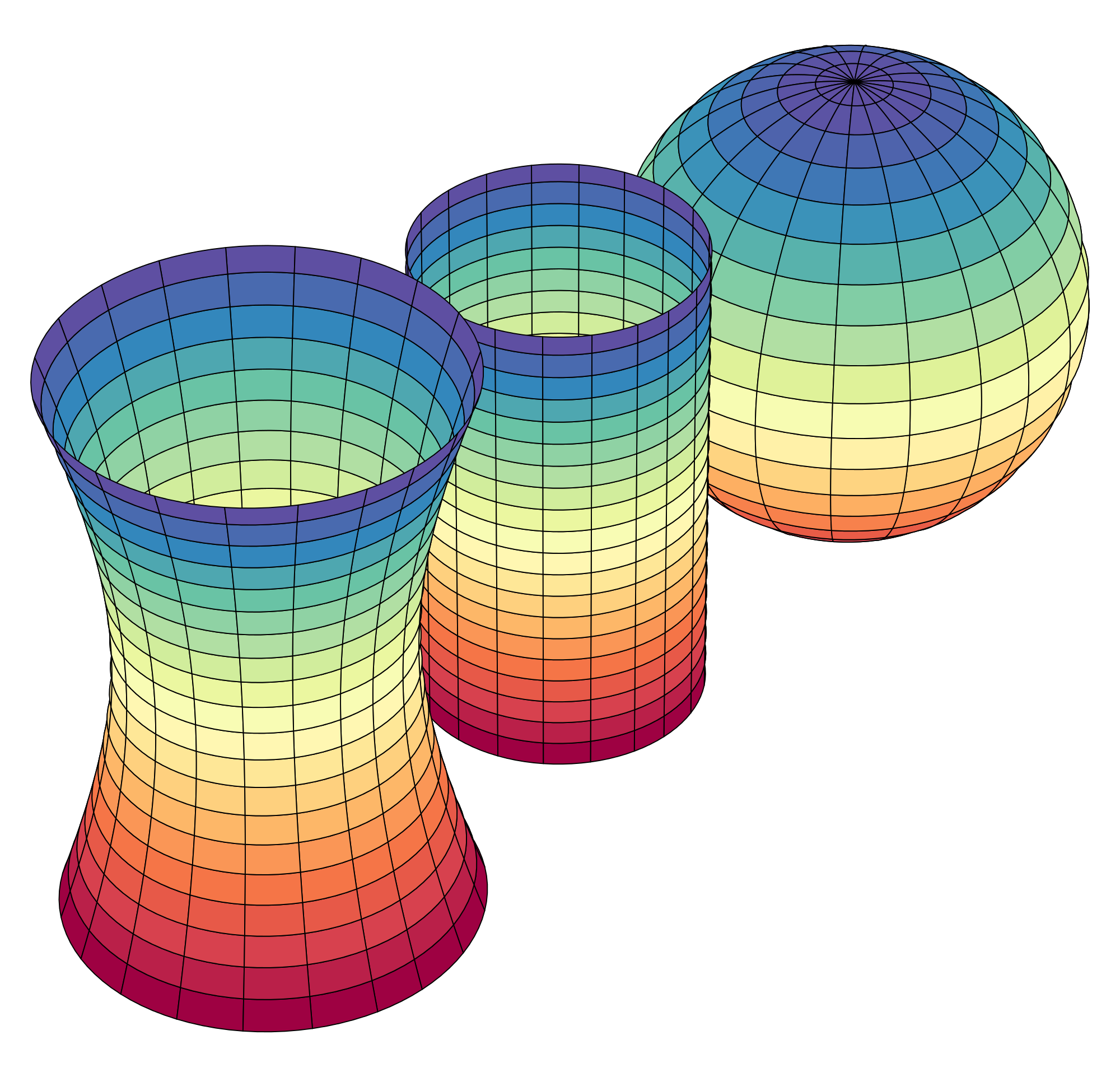Essential Math for Data Science?
Question: How much math do you need to study Data Science? Freshman Math Courses
Freshman Math Courses
- Applied Calculus for Business [3 credits] [3CR]
- Applied Calculus for Life Science [3 credits] [3CR]
- Calculus I[4 credits] [4CR]
- Calculus II[4 credits] [4CR]
 Sophomore Math Courses
Sophomore Math Courses
- Multivariable Calculus III [4 credits] [4CR]
- Differential Equations [3 credits] [3CR]
- Linear Algebra [4 credits] [4CR]
- Probability Theory [3 credits] [3CR]
 Honors Math Courses
Honors Math Courses
- Honors Calculus I [5 credits] [5CR]
- Honors Calculus II [5 credits] [5CR]
- Honors Calculus I+II for Data Science [5 credits] [5CR]
- Honors Multivariable Calculus [5 credits] [5CR]
- Honors Differential Equations [4 credits] [4CR]
- Honors Linear Algebra [5 credits] [5CR]
- Honors Linear Algebra for Data Science [5 credits] [5CR]
 Lower Division Math Courses
Lower Division Math Courses
- Precalculus with Trigonometry [4 credits] [4CR]
- Introductory Statistics [4 credits] [4CR]
- Finite Mathematics [3 credits] [3CR]
- Discrete Mathematics [4 credits] [4CR]
 Upper Division Math Courses
Upper Division Math Courses
- Computational Abstract Algebra [4 credits] [4CR]
- Computational Differential Geometry [4 credits] [4CR]
To even study Data Science, you need start off being a mathematician/statistician, which means you need a very solid foundation in university mathematics, starting with the following undergraduate, lower-division courses:
- Calculus I
- Calculus II
- Multivariable Calculus
- Differential Equations
- Linear Algebra
- Probability Theory (Calculus-Based Statistics)
You may have searched around the internet looking for math/calculus-level courses to build up your math skills in preparation for Data Science. There certainly are excellent (free!) courses online via MOOCs (Massive Open Online Courses). However, you will want to have all of the above courses on real, transferable Academic transcripts to prove you have completed these courses, with letter grades, not just say "I took these courses from a MOOC". You need real credentials as a mathematician for data science.
MOOCs (Massive Open Online Courses) are awesome, but they do not provide real academic course credit for their courses. If you plan to go for a B.A. or M.A. with a Data Science concentration, you will not be able to say "Oh, I took all my calculus courses from a MOOC" - you need these courses in your academic portfolio. We invite you to explore our Distance Calculus courses in more detail via the links above, or perhaps the movies below.
Data Science & Distance Calculus
Academic Credits from Distance Calculus
Data Science can best be described as a "a cross between a programmer and a mathematician/statistician".
This topic has many names, all being equivalent:
- Data Science
- Applied Statistics
- Programmer+Mathematician
- Big Data
If you wish to become a Data Scientist, you will need to develop both strong programming skills, and have a very strong mathematics background.
Distance Calculus @ Roger Williams University can help prepare you for a study of Data Science - either for a degree in Data Science or perhaps a certificate - by helping you complete the core mathematics courses necessary for starting a Data Science degree or certificate.
There are no short-cuts you can do with going into Data Science. You just can't learn Python and then pretend you are a Data Scientist because you watch a few videos on running data sets through Python! You NEED a very strong mathematics background that includes ALL of the following courses:
- DMAT 253 - Calculus I - 4 credits
- DMAT 263 - Calculus II - 4 credits
- DMAT 355 - Multivariable Calculus - 4 credits
- DMAT 321 - Differential Equations - 3 credits
- DMAT 335 - Linear Algebra - 3 credits
- DMAT 311 - Probability Theory - 3 credits
 Freshman Math Courses
Freshman Math Courses
- Applied Calculus for Business [3 credits] [3CR]
- Applied Calculus for Life Science [3 credits] [3CR]
- Calculus I[4 credits] [4CR]
- Calculus II[4 credits] [4CR]
 Sophomore Math Courses
Sophomore Math Courses
- Multivariable Calculus III [4 credits] [4CR]
- Differential Equations [3 credits] [3CR]
- Linear Algebra [4 credits] [4CR]
- Probability Theory [3 credits] [3CR]
 Honors Math Courses
Honors Math Courses
- Honors Calculus I [5 credits] [5CR]
- Honors Calculus II [5 credits] [5CR]
- Honors Calculus I+II for Data Science [5 credits] [5CR]
- Honors Multivariable Calculus [5 credits] [5CR]
- Honors Differential Equations [4 credits] [4CR]
- Honors Linear Algebra [5 credits] [5CR]
- Honors Linear Algebra for Data Science [5 credits] [5CR]
 Lower Division Math Courses
Lower Division Math Courses
- Precalculus with Trigonometry [4 credits] [4CR]
- Introductory Statistics [4 credits] [4CR]
- Finite Mathematics [3 credits] [3CR]
- Discrete Mathematics [4 credits] [4CR]
 Upper Division Math Courses
Upper Division Math Courses
- Computational Abstract Algebra [4 credits] [4CR]
- Computational Differential Geometry [4 credits] [4CR]
- Data Science Online Course FAST
- Data Science Online Course For Credit Start Immediately
- Data Science Online Course For Credit Start Today, Finish Quickly
- Data Science Accredited Online Course
- Data Science Summer 2025 Online Course
- Data Science Winter 2025 Online Course
- Data Science Summer Course
- Data Science Winter Course
- Data Science Spring Course
- Data Science Fall 2025 Online Course
Distance Calculus - Student Reviews





Date Posted: Aug 16, 2020
Review by: Jennifer S.
Courses Completed: Calculus I
Review: The course was intense and required a lot of hard work. Professors ready available to assist when needed. Professors presented and explained materials/course work in detail and provided explanations and resources.
Transferred Credits to: University of New Haven, West Haven, CT





Date Posted: Jan 8, 2021
Review by: Cristian Mojica
Student Email: comojica@ucdavis.edu
Courses Completed: Probability Theory
Review: A fantastic course! I was able to complete it in about half a year (with a few gaps) alongside other coursework I was completing. There are no deadlines except the one-year mark after registering, so you work at your own rate and schedule. Probability Theory is required for me to apply to Master's programs in Statistics, so I was glad when I found Distance Calculus. While the course was slightly less difficult than I originally expected, there were parts that definitely slowed me down and made me think. (Also, although calculus is not everywhere in the course, it is everywhere in normal and exponential variables and beyond, so make sure to review derivatives and integrals (single and double)!) I used Mathematica for my software, and it helped speed along calculations and proved to be the perfect stage and tool for this material. I think visual learners will absolutely revel in how the material is presented in this course. (I know I did!) As there is plenty of writing and calculation to do, you have many opportunities to develop and strengthen your voice as a mathematician. The modern format of 80% electronic notebook work and 20% handwritten work is an excellent mixture for studying probability theory and grasping its core ideas. Dr. Curtis is clear in his answers to any questions and concerns you may have and is highly responsive to email and chat, and to responses you leave in your notebooks. He truly wants to help you and to see you succeed, and he is always on your side. I highly recommend Probability Theory with Distance Calculus!





Date Posted: Jan 12, 2020
Review by: Brian Finley
Courses Completed: Calculus II
Review: I took Calculus II through Distance Calculus and can't recommend it enough. Being able to take the course at my own pace while I was working full time was tremendously helpful, especially since I hadn't taken a math course for 5 years prior. The instruction was excellent and the software they used to teach the course was intuitive and facilitated the learning process very well. This calc II class enabled me to take multivariable calc, linear algebra, and real analysis at Harvard University's extension school, which ultimately qualified me for the economics PhD program that I will graduate from next year. 8 years on, I'm still grateful to Professor Curtis and Distance Calculus.
 Freshman Math Courses
Freshman Math Courses
- Applied Calculus for Business [3 credits] [3CR]
- Applied Calculus for Life Science [3 credits] [3CR]
- Calculus I[4 credits] [4CR]
- Calculus II[4 credits] [4CR]
 Sophomore Math Courses
Sophomore Math Courses
- Multivariable Calculus III [4 credits] [4CR]
- Differential Equations [3 credits] [3CR]
- Linear Algebra [4 credits] [4CR]
- Probability Theory [3 credits] [3CR]
 Honors Math Courses
Honors Math Courses
- Honors Calculus I [5 credits] [5CR]
- Honors Calculus II [5 credits] [5CR]
- Honors Calculus I+II for Data Science [5 credits] [5CR]
- Honors Multivariable Calculus [5 credits] [5CR]
- Honors Differential Equations [4 credits] [4CR]
- Honors Linear Algebra [5 credits] [5CR]
- Honors Linear Algebra for Data Science [5 credits] [5CR]
 Lower Division Math Courses
Lower Division Math Courses
- Precalculus with Trigonometry [4 credits] [4CR]
- Introductory Statistics [4 credits] [4CR]
- Finite Mathematics [3 credits] [3CR]
- Discrete Mathematics [4 credits] [4CR]
 Upper Division Math Courses
Upper Division Math Courses
- Computational Abstract Algebra [4 credits] [4CR]
- Computational Differential Geometry [4 credits] [4CR]

